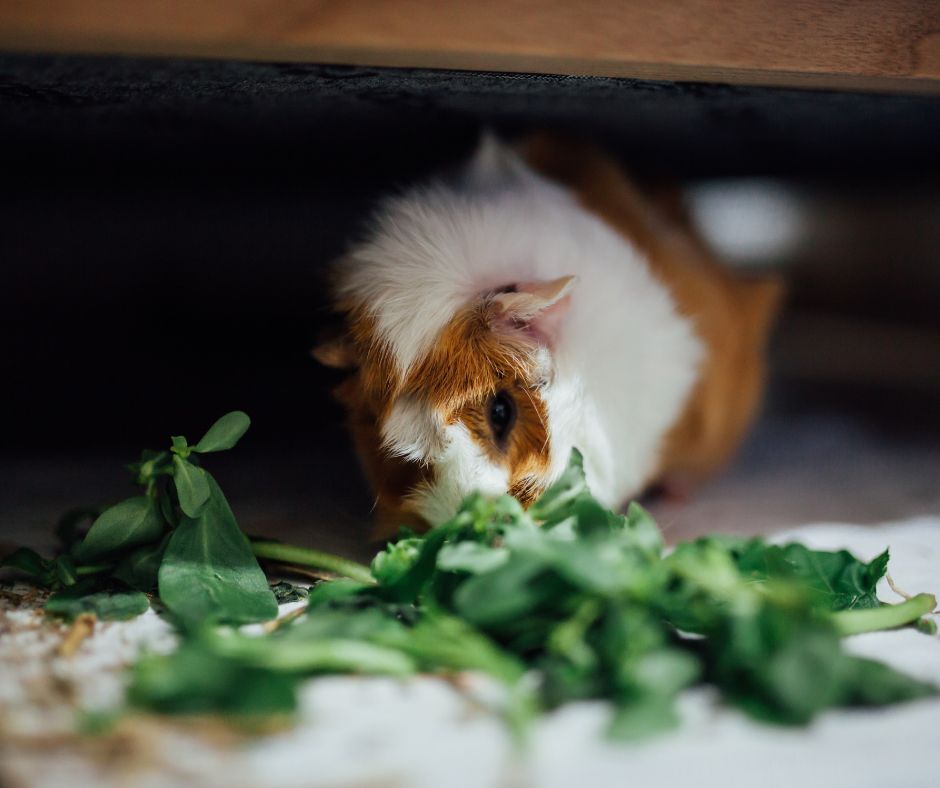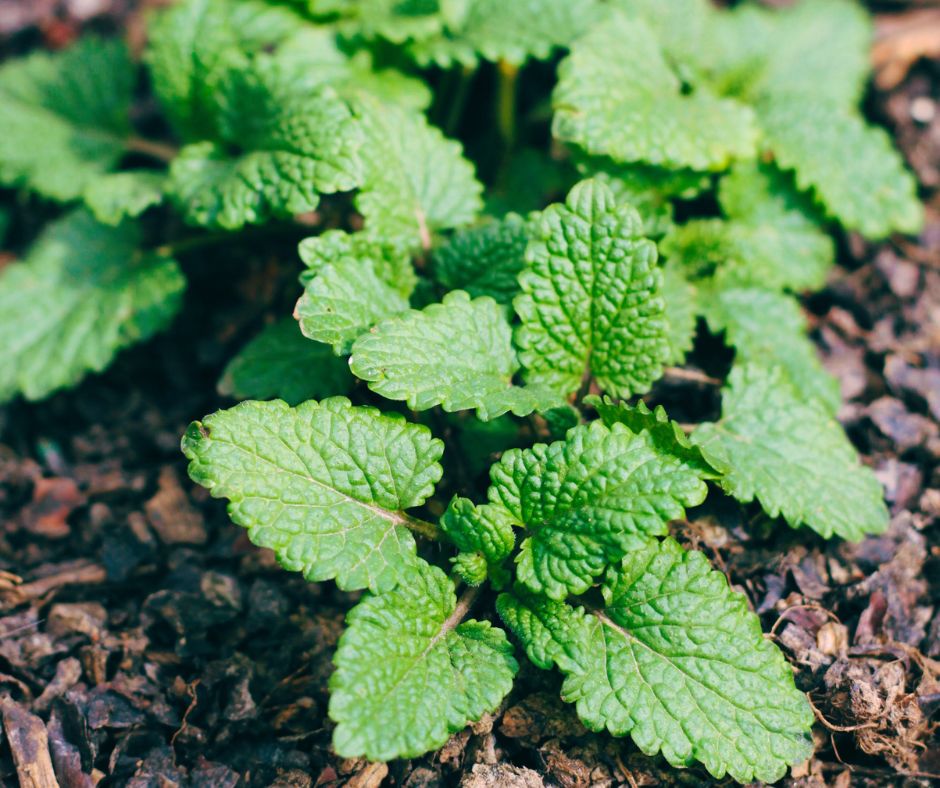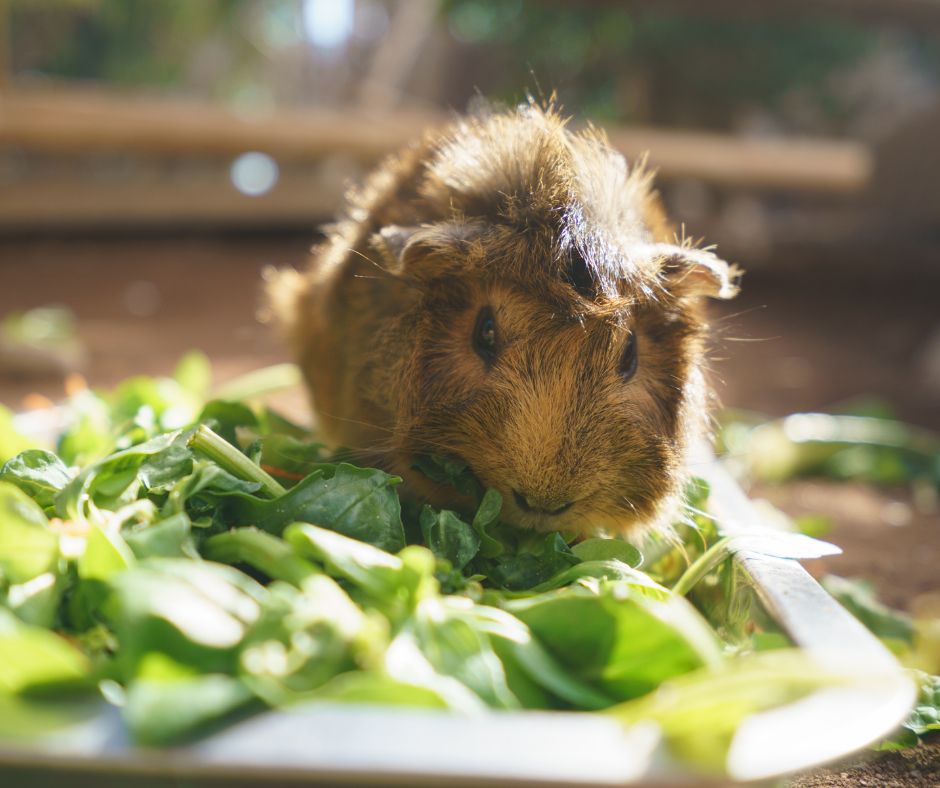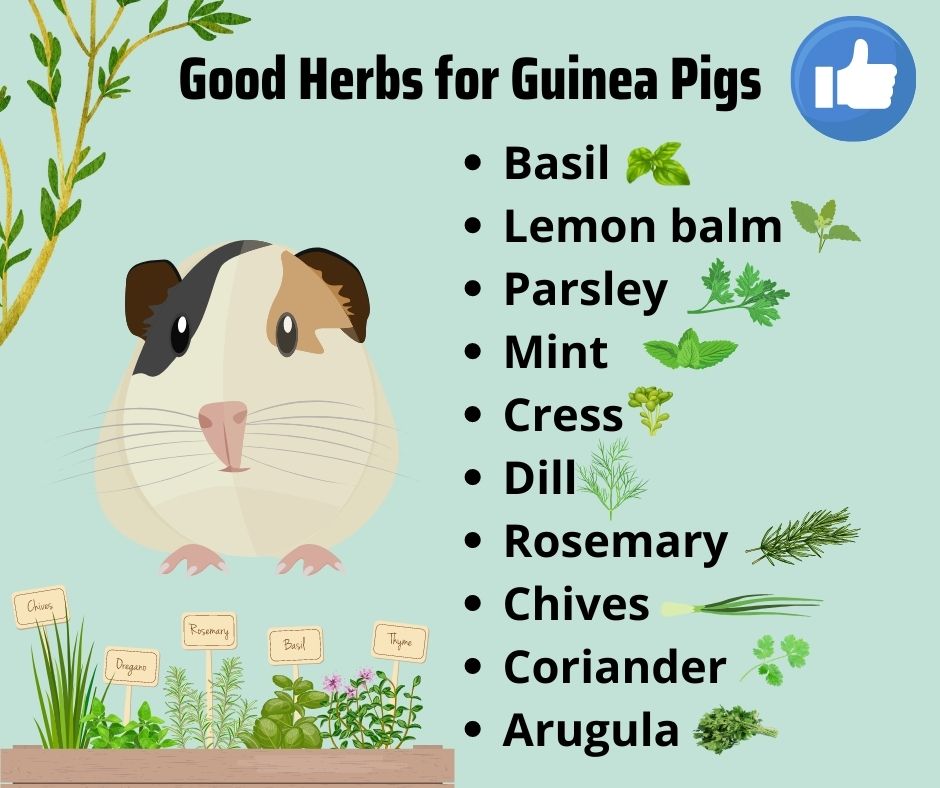Can Guinea Pigs Eat Lemon Balm?
Herbs are healthy for guinea pigs when used in moderation. Some guinea pigs enjoy eating herbs, while others dislike the smell. It is important to offer the herb that your pet loves, so can guinea pigs eat lemon balm?
This article will assist you in determining whether your guinea pig can eat lemon balm and guide how to provide lemon balm to guinea pigs so that they can reap the benefits.
Can Guinea Pigs Eat Lemon Balm?

Yes, guinea pigs eat lemon balm. Lemon balm has various health benefits for guinea pigs. Protein, carbs, antioxidants, minerals, and vitamins are abundant in them. They are fat-free and cholesterol-free, making them ideal for guinea pigs.
Guinea pigs, on the other hand, require only a modest amount of lemon balm. Lemon balm, when taken in modest doses, boosts immunity, improves digestion, and keeps the central nervous system active and alert.
Nutrition Information of Lemon Balm
Lemon balm is a good source of vitamin C, containing about 45 mg per 100 grams. The herb is low in calories, with only about 48 calories per 100 grams.
100 grams of lemon balm contains the following nutrients:
| Nutrition facts per 100g | Amount |
| Calories (kcal) | 48 |
| Fat (g) | 1 |
| Protein (g) | 4 |
| Carbohydrates (g) | 3 |
| Fibers (g) | 3 |
| Sodium (mg) | 20 |
| Water (g) | 86 |
| Vitamin C (mg) | 45 |
| Vitamin E (mg) | 1 |
| Vitamin B1 / Thiamine (mg) | 0.1 |
| Vitamin B2 (mg) | 0.2 |
| Vitamin B6 (mg) | 0.1 |
| Vitamin B9 / Folate (μg) | 30 |
| Magnesium (mg) | 30 |
| Zinc (mg) | 1.2 |
| Sodium (mg) | 20 |
| Calcium (mg) | 150 |
| Iron (mg) | 2 |
| Potassium (mg) | 400 |
| Phosphorus (mg) | 50 |
Is Lemon Balm Good for Guinea Pigs?

Yes, lemon balm is good for guinea pigs because its health benefits outnumber its downsides. Guinea pigs benefit from the anti-inflammatory, antioxidant, and antibacterial activity of the lemon balm.
In guinea pigs, lemon balm also helps to reduce anxiety and nervousness.
Lemon balm is also recommended for guinea pigs who are suffering from digestive problems or pain.
Because it stimulates hunger, is anti-convulsant, and is germicidal, it aids in the elimination of dangerous bacteria from the stomach. Its analgesic qualities assist guinea pigs with pain relief.
However, it is thought to have modest sedative effects on Guinea Pigs. The oil in lemon balm leaves effects on the nervous system of guinea pigs, causing mild sedation. So be careful and don’t give your guinea pig too much lemon balm.
Lemon Balm Herb Seeds
How To Feed Guinea Pigs Lemon Balm?

To begin, give your guinea pig a small quantity of lemon balm and observe whether he enjoys it. If your pet loves and enjoys eating lemon balm, you can offer them daily.
The leaves of lemon balm provide numerous health benefits. As a result, give them leaves rather than roots, which contain no adequate nutrition for guinea pigs.
Herbs that are Good and Bad for Guinea Pigs
Not all herbs are beneficial to guinea pigs’ health. Some herbs include a lot of calcium, which is bad for urinary tract health. Some herbs contain an excessive amount of water, yet they are also healthy for guinea pigs. So, here is the list of good and bad herbs for guinea pigs.
Good herbs for guinea pigs:

- Basil
- Lemon balm
- Parsley
- Mint
- Cress
- Dill
- Rosemary
- Chives
- Coriander
- Arugula
Culinary Indoor Herb Garden Starter Kit | Premium Herb Seeds
Bad herbs for guinea pigs:

- Lavender
- Sage
- Tarragon
- Marjoram
- Potato leaves
- Onion
- Garlic
Rabbit Feeder Bunny Guinea Pig Hay Feeder, Hay Guinea Pig Hay Feeder
Wrapping Up
It’s important to understand which herbs are healthy for guinea pigs to eat before you start feeding them.
For guinea pigs, lemon balm is both safe and nourishing. They are high in nutrients and minerals that are beneficial to guinea pigs’ health.
Lemon balm, which has antibacterial, germicidal, and anti-inflammatory properties boosts the immune system of guinea pigs. It also helps guinea pigs to stay healthy by increasing their appetite.









